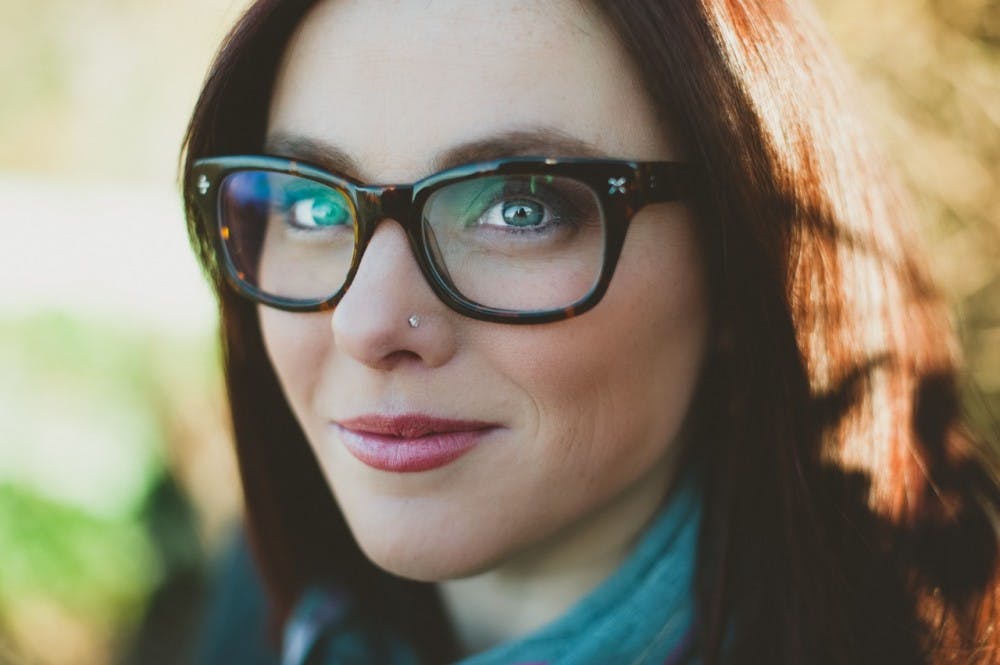Sarah Bessey is a Canadian blogger and preacher. She is the author of two books, "Jesus Feminist: An Invitation to Revisit the Bible's View of Women," and "Out of Sorts: Making Peace with an Evolving Faith."
Bessey spoke to audio director Alice Wilder about faith, feminism and the crossover between the two.
The Daily Tar Heel: A lot of people at my church are very eager to couple me up with their grandsons. How would you recommend navigating that?
Sarah Bessey: I think that there is always a lot of pressure for young people to couple up. Or maybe "pressure" is not the right word so much as presupposition that, because I wanted this, then of course everybody wants this. Nine times out of 10, they really do mean well. However, the chitchat you have with total strangers —they're just trying to be interested and kind — there's the other side of it, which is this kind of sleeper idea that you shouldn't be satisfied or that there's something inherently wrong with the season of life you're in or the choices that you've made.
I think that there is a way to speak hard truths with a lot of love and respect, and I think that one of the key things that I have realized out of the last you know, 25 or 30 years of following Jesus is that there are ways to disagree really beautifully, that there are ways to connect with people even over what we disagree with.
DTH: Forgiveness is something that is very fraught for me in the church. You hear often that "if you don't forgive people you can't be close to God because God tells us to forgive," but where does that leave women who are survivors of sexual assault or domestic violence? Aren't there times when it's OK to not forgive?
SB: I think that's a very non-nuanced response to a very complex thing. I think that they're exposing their privilege when they say things like that. There's this sense of like, "you should just automatically do it." Well you know what, there's a lot of complexity to that, and I think that sometimes you can feel erased almost or silenced when that isn't recognized or when the nuance isn't preached in it or taught in it.
Yes, you know what? Forgiveness is a very key part of the Christian tradition... but at the same time I've seen that used almost abusively against women. For instance, women who are being beaten by their husbands will be ostracized by their churches for leaving or their pastors will preach that the only way to win their husbands is if they are more submissive and if they just continue to take it and forgive them, and I could tear my hair out at the root when I hear stuff like that... In these conversations we make pronouncements about what they should or shouldn't do and really it's not our place to do... All we can do is ensure their safety, ensure that they are protected. Our preference should always be for victims while still holding out hope for the redemption and reconciliation of that abuser or that person to Christ.ut that doesn't mean they need to be doing that in the company of the person who they've abused.
DTH: There's a difference between forgiving because that's what feels natural versus forgiving because that's what you feel obligated to do.




